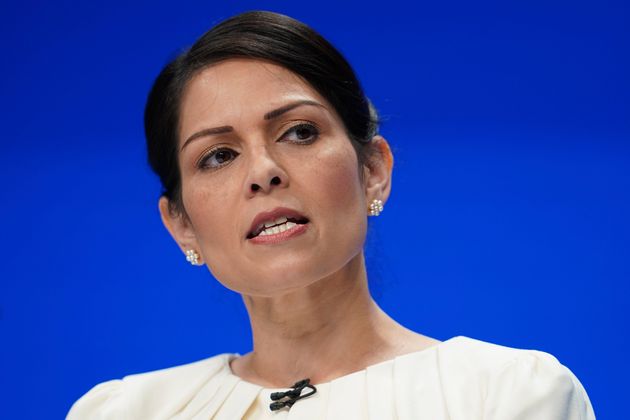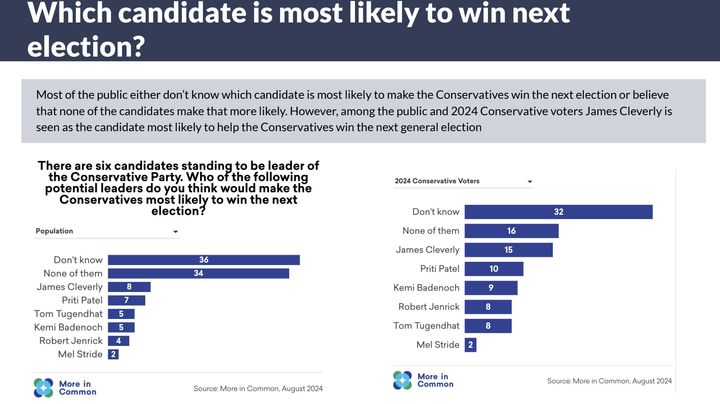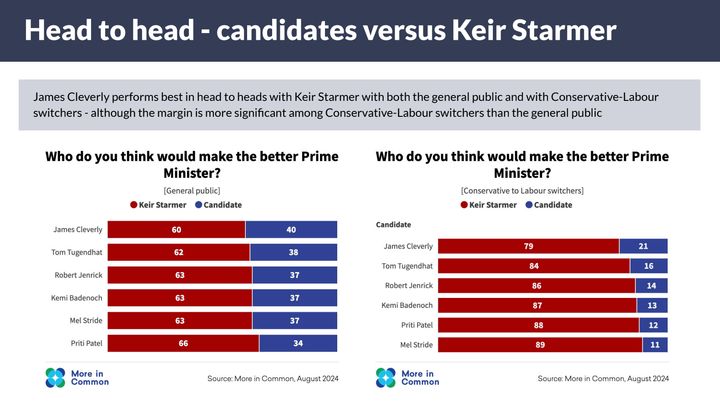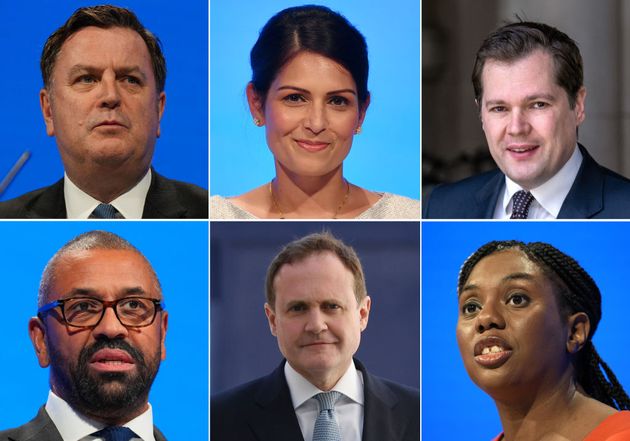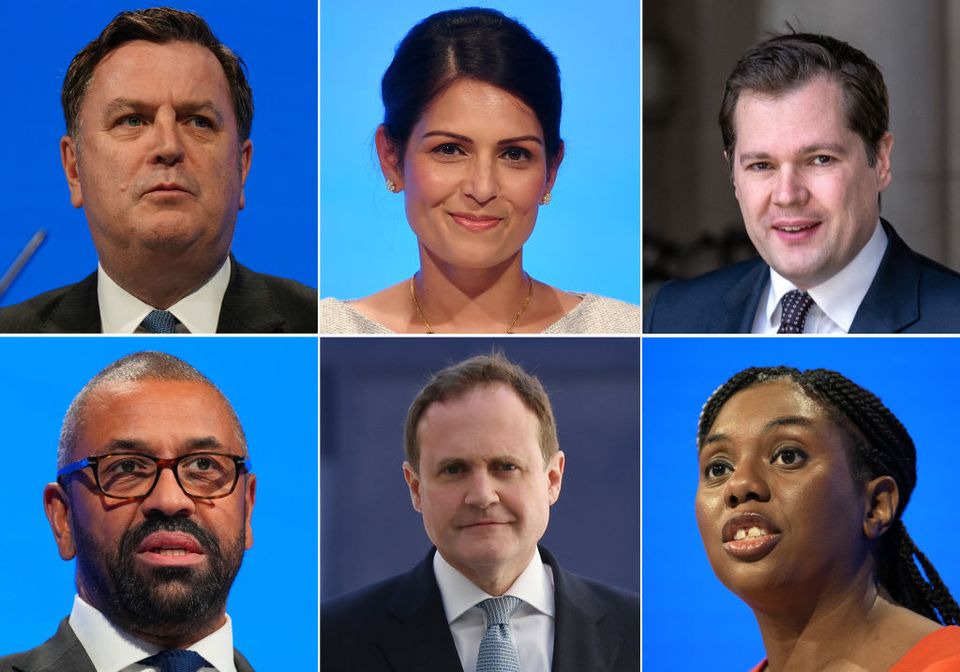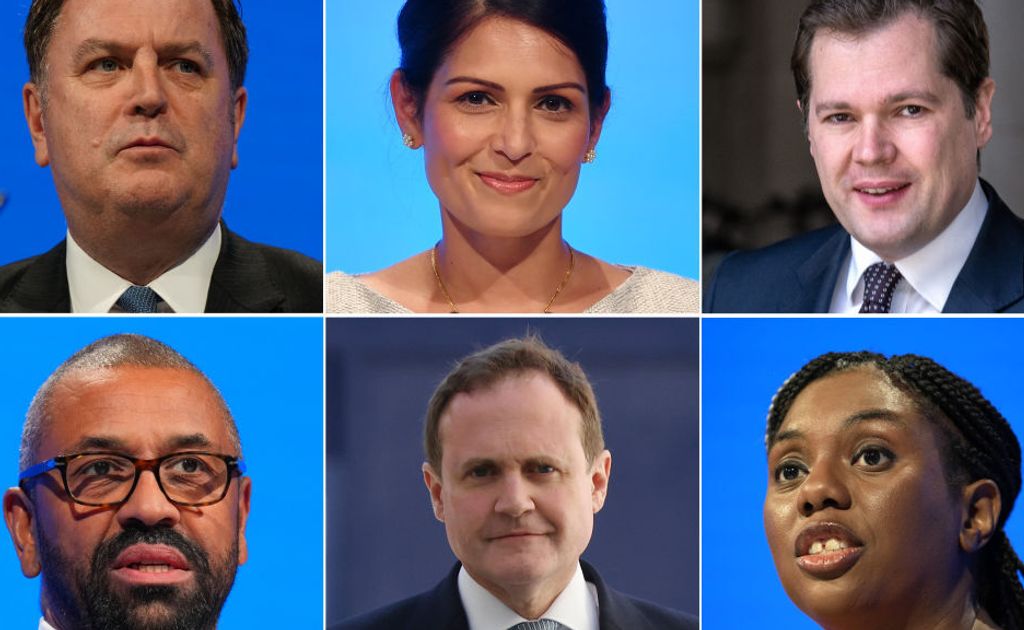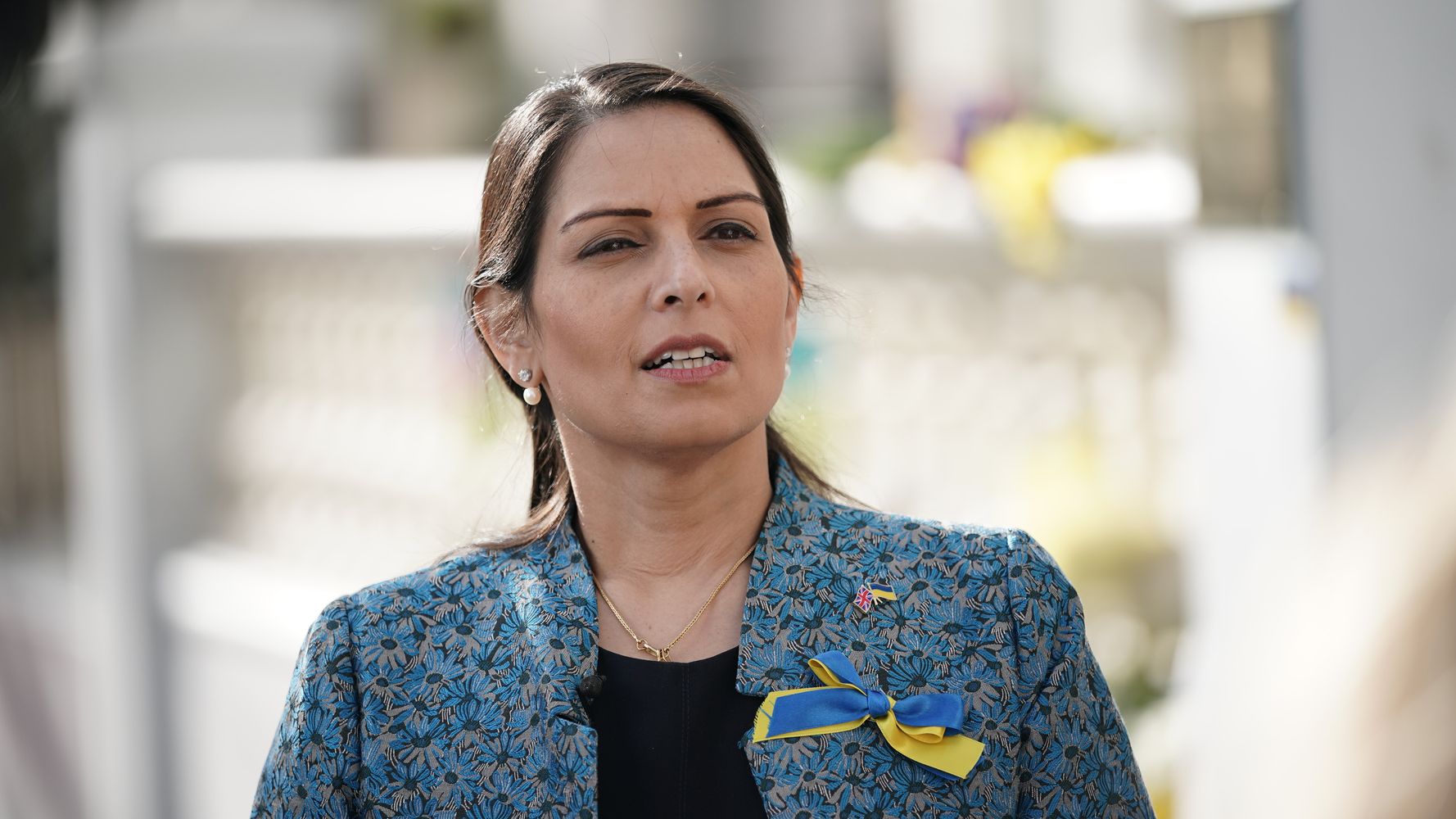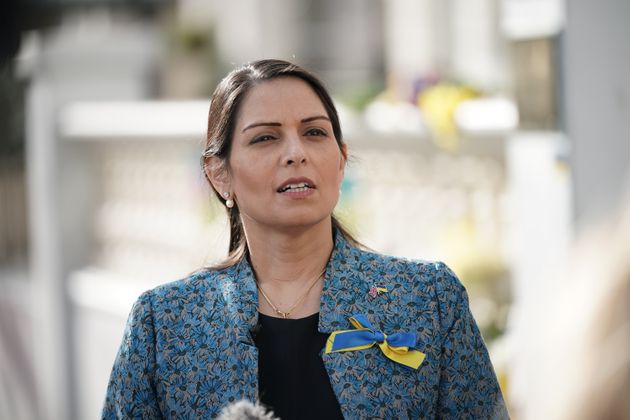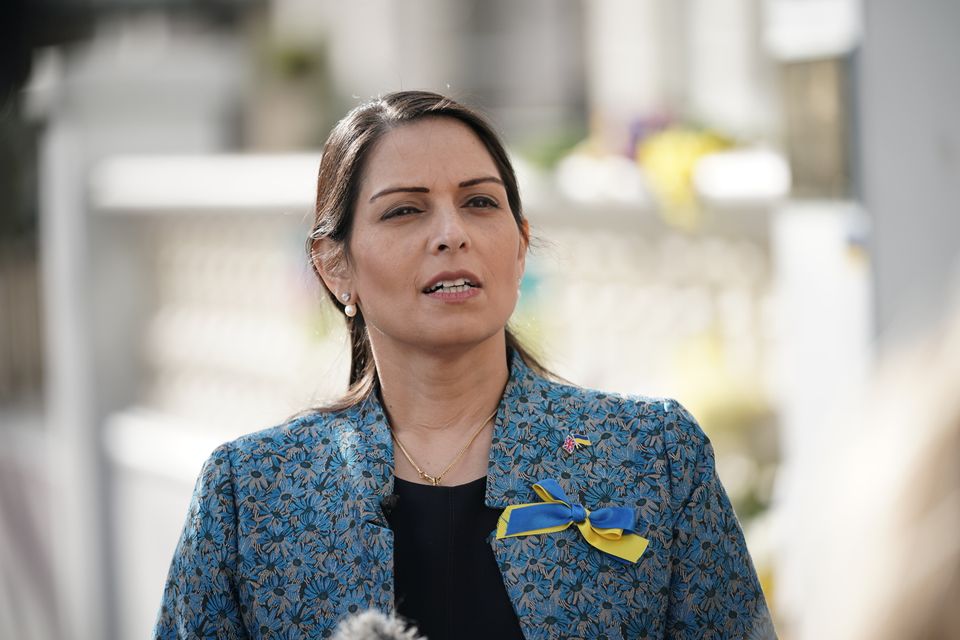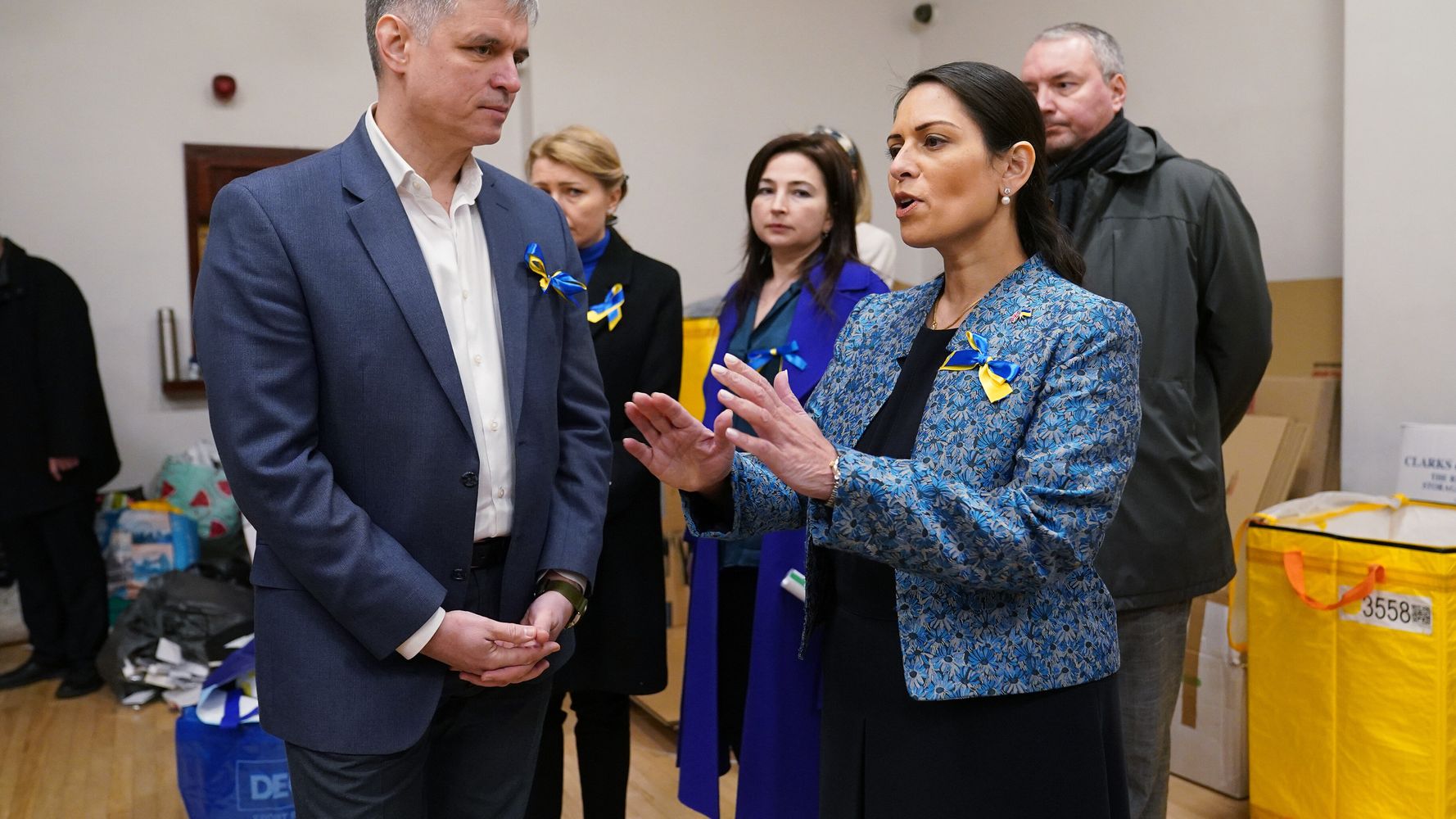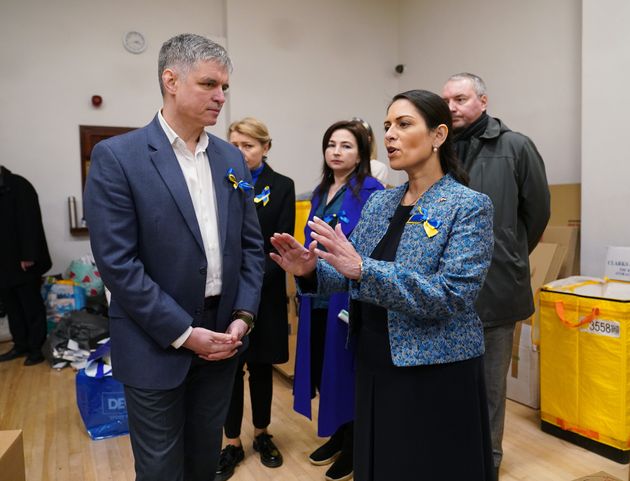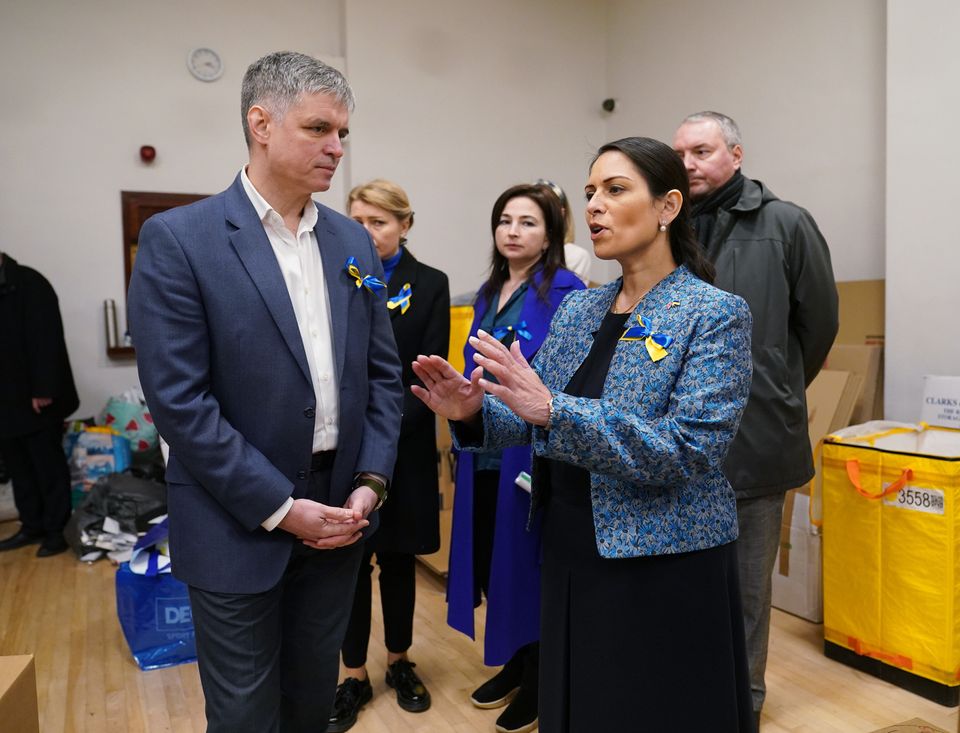Speaking on LBC, Farage said: “I think President Zelenskyy was very unwise to tell the Americans what would happen to them if they didn’t back him. Yeah sure, Trump and Vance bit back, but I think in diplomatic terms, Zelenskyy played it very badly.”
For Nigel Farage to sit there pointing the finger at Zelenskyy is both morally wrong and diplomatically counterproductive. At this uncertain and dangerous time, one would hope that MPs of all stripes would be putting our national interest first, rather than playing politics.
<div class="js-react-hydrator" data-component-name="Twitter" data-component-id="9033" data-component-props="{"itemType":"rich","index":13,"contentIndexByType":1,"contentListType":"embed","code":"
","type":"rich","meta":{"author":"Priti Patel MP","author_url":"https://twitter.com/pritipatel","cache_age":86400,"description":"Nigel Farage is completely wrong. President Zelenskyy is a hero, who has stood up to Putin’s aggression, and led his country’s defence against their barbaric and illegal invasion over the last 3 years – and it is troubling to not hear the Leader of Reform say that. For Nigel…— Priti Patel MP (@pritipatel) March 3, 2025\n\n\n","options":{"_maxwidth":{"label":"Adjust width","placeholder":"220-550, in px","value":""},"_theme":{"value":"","values":{"dark":"Use dark theme"}}},"provider_name":"Twitter","title":"Priti Patel MP on Twitter / X","type":"rich","url":"https://twitter.com/pritipatel/status/1896539706290294980","version":"1.0"},"flags":[],"enhancements":{},"fullBleed":false,"options":{"theme":"news","device":"desktop","editionInfo":{"id":"uk","name":"U.K.","link":"https://www.huffingtonpost.co.uk","locale":"en_GB"},"originalEdition":"uk","isMapi":false,"isAmp":false,"isAdsFree":false,"isVideoEntry":false,"isEntry":true,"isMt":false,"entryId":"67c5a8c4e4b04cc8a05f90e4","entryPermalink":"https://www.huffingtonpost.co.uk/entry/nigel-farage-savaged-over-morally-wrong-criticism-of-volodymyr-zelenskyy_uk_67c5a8c4e4b04cc8a05f90e4","entryTagsList":"nigel-farage,priti-patel,volodymyr-zelenskyy,@ai_seo_headline","sectionSlug":"politics","deptSlug":null,"sectionRedirectUrl":null,"subcategories":"","isWide":false,"headerOverride":null,"noVideoAds":false,"disableFloat":false,"isNative":false,"commercialVideo":{"provider":"custom","site_and_category":"uk.politics","package":null},"isHighline":false,"vidibleConfigValues":{"cid":"60afc140cf94592c45d7390c","disabledWithMapiEntries":false,"overrides":{"all":"60b8e525cdd90620331baaf4"},"whitelisted":["56c5f12ee4b03a39c93c9439","56c6056ee4b01f2b7e1b5f35","59bfee7f9e451049f87f550b","5acccbaac269d609ef44c529","570278d2e4b070ff77b98217","57027b4be4b070ff77b98d5c","56fe95c4e4b0041c4242016b","570279cfe4b06d08e3629954","5ba9e8821c2e65639162ccf1","5bcd9904821576674bc55ced","5d076ca127f25f504327c72e","5b35266b158f855373e28256","5ebac2e8abddfb04f877dff2","60b8e525cdd90620331baaf4","60b64354b171b7444beaff4d","60d0d8e09340d7032ad0fb1a","60d0d90f9340d7032ad0fbeb","60d0d9949340d7032ad0fed3","60d0d9f99340d7032ad10113","60d0daa69340d7032ad104cf","60d0de02b627221e9d819408"],"playlists":{"default":"57bc306888d2ff1a7f6b5579","news":"56c6dbcee4b04edee8beb49c","politics":"56c6dbcee4b04edee8beb49c","entertainment":"56c6e7f2e4b0983aa64c60fc","tech":"56c6f70ae4b043c5bdcaebf9","parents":"56cc65c2e4b0239099455b42","lifestyle":"56cc66a9e4b01f81ef94e98c"},"playerUpdates":{"56c6056ee4b01f2b7e1b5f35":"60b8e525cdd90620331baaf4","56c5f12ee4b03a39c93c9439":"60d0d8e09340d7032ad0fb1a","59bfee7f9e451049f87f550b":"60d0d90f9340d7032ad0fbeb","5acccbaac269d609ef44c529":"60d0d9949340d7032ad0fed3","5bcd9904821576674bc55ced":"60d0d9f99340d7032ad10113","5d076ca127f25f504327c72e":"60d0daa69340d7032ad104cf","5ebac2e8abddfb04f877dff2":"60d0de02b627221e9d819408"}},"connatixConfigValues":{"defaultPlayer":"8b034f64-513c-4987-b16f-42d6008f7feb","clickToPlayPlayer":"5a777b9b-81fe-41a6-8302-59e9953ee8a2","videoPagePlayer":"19654b65-409c-4b38-90db-80cbdea02cf4"},"topConnatixThumnbailSrc":"data:image/png;base64,iVBORw0KGgoAAAANSUhEUgAAAAEAAAABCAQAAAC1HAwCAAAAC0lEQVR42mNkYAAAAAYAAjCB0C8AAAAASUVORK5CYII=","customAmpComponents":[],"ampAssetsUrl":"https://amp.assets.huffpost.com","videoTraits":null,"positionInUnitCounts":{"buzz_head":{"count":0},"buzz_body":{"count":0},"buzz_bottom":{"count":0}},"positionInSubUnitCounts":{"article_body":{"count":8},"blog_summary":{"count":0},"before_you_go_content":{"count":0}},"connatixCountsHelper":{"count":0},"buzzfeedTracking":{"context_page_id":"67c5a8c4e4b04cc8a05f90e4","context_page_type":"buzz","destination":"huffpost","mode":"desktop","page_edition":"en-uk"},"tags":[{"name":"nigel farage","slug":"nigel-farage","links":{"relativeLink":"news/nigel-farage","permalink":"https://www.huffingtonpost.co.uk/news/nigel-farage","mobileWebLink":"https://www.huffingtonpost.co.uk/news/nigel-farage"},"url":"https://www.huffingtonpost.co.uk/news/nigel-farage/"},{"name":"priti patel","slug":"priti-patel","links":{"relativeLink":"news/priti-patel","permalink":"https://www.huffingtonpost.co.uk/news/priti-patel","mobileWebLink":"https://www.huffingtonpost.co.uk/news/priti-patel"},"url":"https://www.huffingtonpost.co.uk/news/priti-patel/"},{"name":"Volodymyr Zelenskyy","slug":"volodymyr-zelenskyy","links":{"relativeLink":"news/volodymyr-zelenskyy","permalink":"https://www.huffingtonpost.co.uk/news/volodymyr-zelenskyy","mobileWebLink":"https://www.huffingtonpost.co.uk/news/volodymyr-zelenskyy"},"url":"https://www.huffingtonpost.co.uk/news/volodymyr-zelenskyy/"}],"isLiveblogLive":null,"isLiveblog":false,"cetUnit":"buzz_body","bodyAds":["
\r\n\r\n HPGam.cmd.push(function(){\r\n\t\treturn HPGam.render(\"inline-1\", \"entry_paragraph_1\", false, false);\r\n });\r\n\r\n","
\r\n\r\n HPGam.cmd.push(function(){\r\n\t\treturn HPGam.render(\"inline\", \"entry_paragraph_2\", false, false);\r\n });\r\n\r\n","
\r\n\r\n HPGam.cmd.push(function(){\r\n\t\treturn HPGam.render(\"inline-2\", \"entry_paragraph_3\", false, false);\r\n });\r\n\r\n","
\r\n\r\n HPGam.cmd.push(function(){\r\n\t\treturn HPGam.render(\"inline-infinite\", \"repeating_dynamic_display\", false, false);\r\n });\r\n\r\n"],"adCount":0},"isCollectionEmbed":false}”>






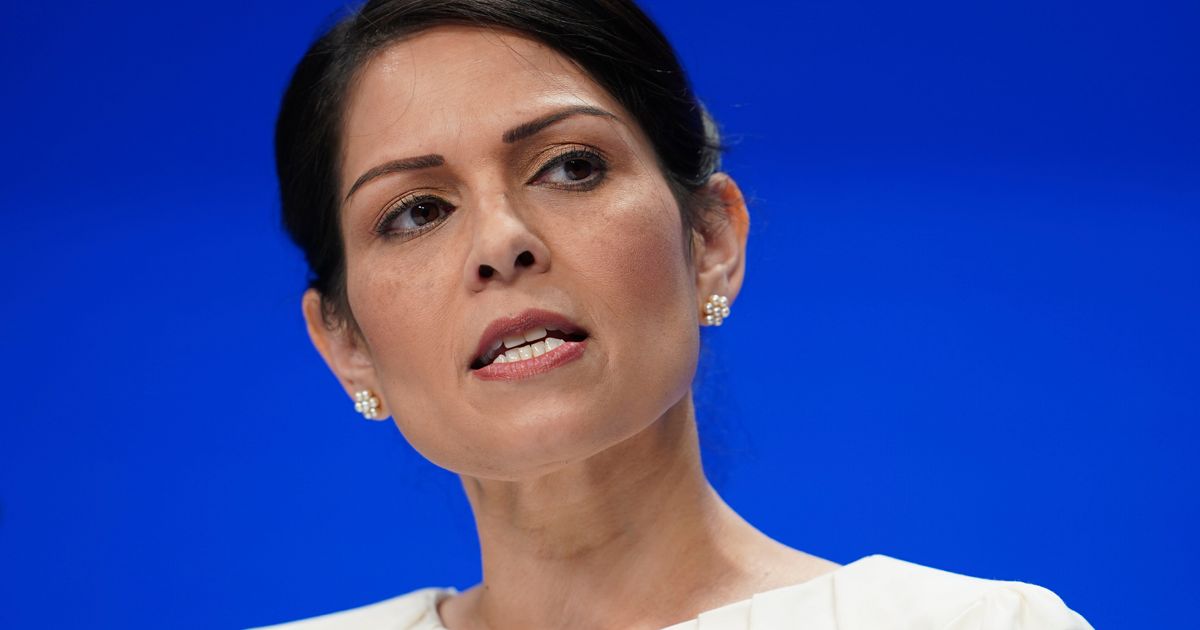
 (@JamesCleverly)
(@JamesCleverly) 